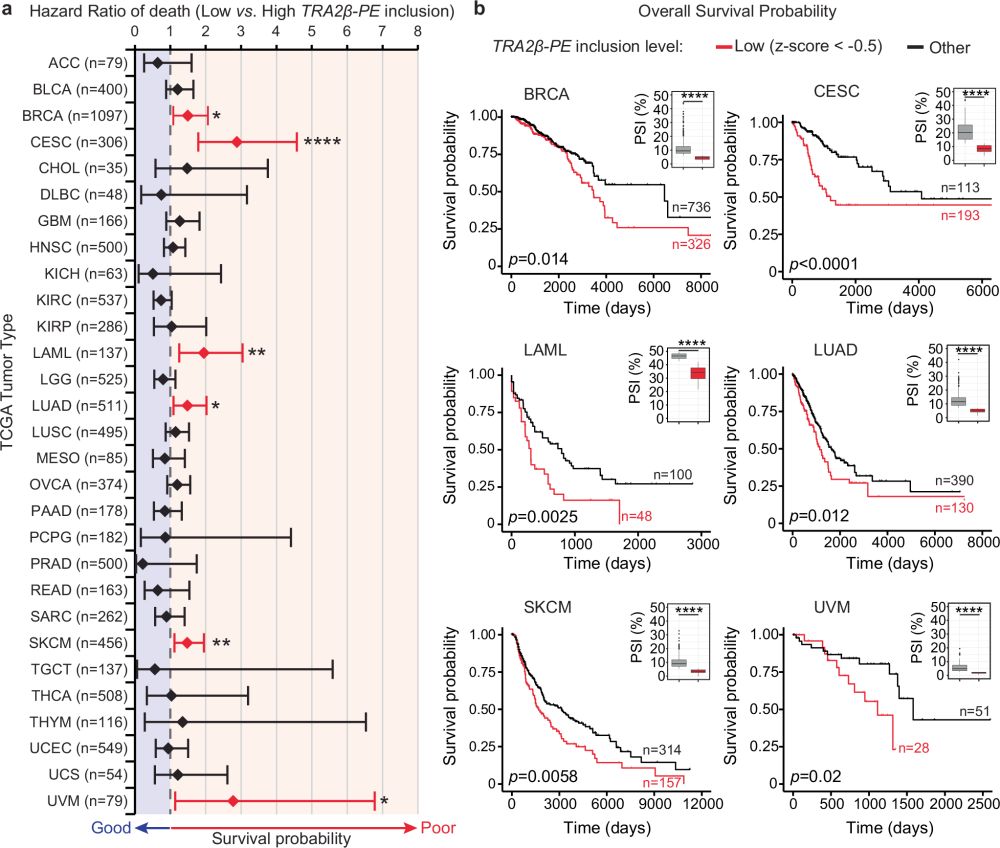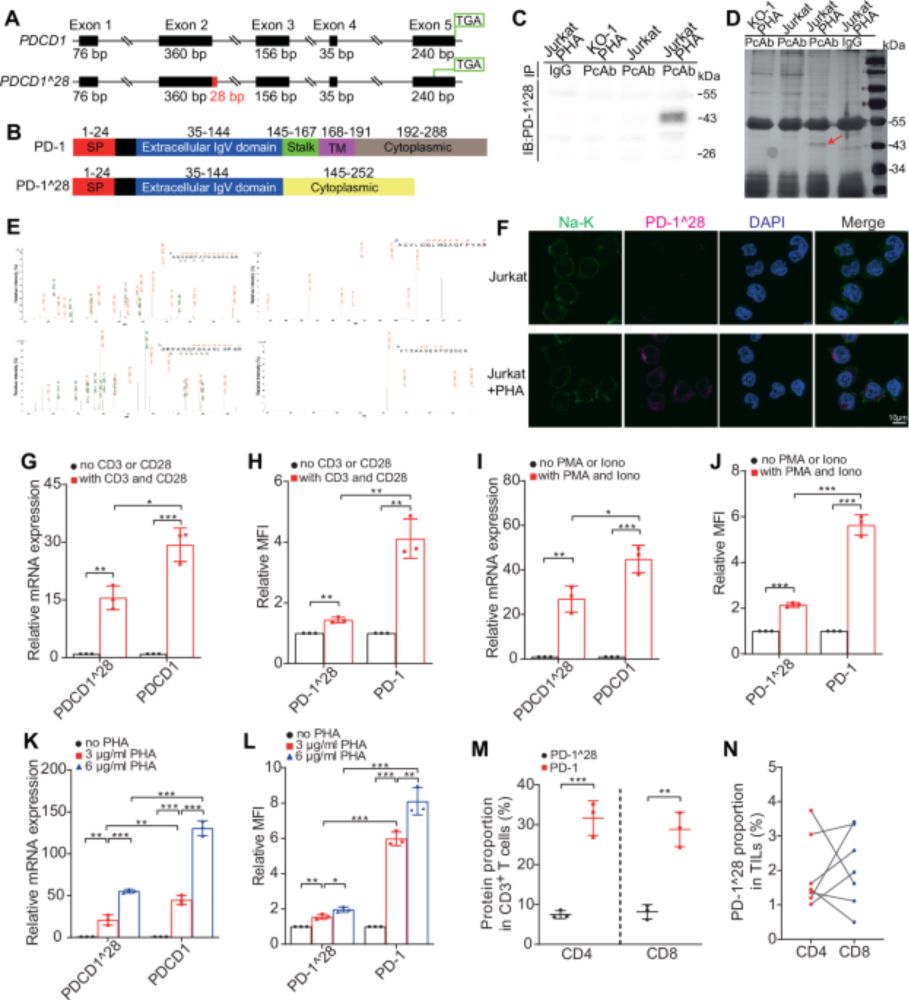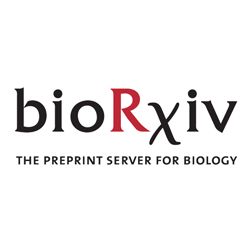rdcu.be/d90Ra
#RNAsky @jacksonlab.bsky.social

rdcu.be/d90Ra
#RNAsky @jacksonlab.bsky.social
🌟 Discovery science translated into clincial benfit. Love it! 🌟
#MedSky 🧪 #ImmunoSky #dermatology
www.nature.com/artic...

🌟 Discovery science translated into clincial benfit. Love it! 🌟
#MedSky 🧪 #ImmunoSky #dermatology
www.nature.com/artic...
#Immunology #Immunotherapy
www.nature.com/articles/s41...

#Immunology #Immunotherapy
www.nature.com/articles/s41...



